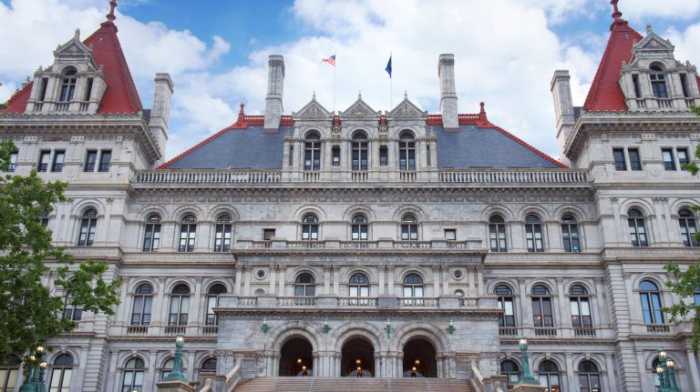It is time to speak out for the thousands of undocumented immigrants who are intimidated and abused. As the president of Queensborough Community College, one of the units of the City University of New York (CUNY), and as a New Yorker, I am proud that our state is one of 10 that provides in-state tuition rates for undocumented immigrants.
Specifically those who have resided in the state for three years, graduated from a state high school, received notification of acceptance to a public college or university and signed an affidavit stating they will file for legal immigration status.
This is a natural extension of the Supreme Court decision Plyler v. Doe, 457 U.S. 202 (1982) that states that undocumented children have the same right to a free public education as U.S. citizens and permanent residents.
However, undocumented immigrants are still not able to access any kind of federal financial aid. This economic barrier prevents many from entering colleges and universities. Therefore, even with permissive legislation, we are making it hard for children of undocumented immigrants to prepare themselves to become productive members of our communities.
The Dream Act, previously supported by Barack Obama and many other Senators, should be reintroduced in the 110th Congress. Under the original proposal, the legislation provides that undocumented students with good moral character, who came to the U.S. at age 15 or younger, at least five years before the date of the bill’s enactment, would qualify for conditional permanent resident status upon acceptance to college, graduation from a U.S. high school, or being awarded a GED in the U.S.
Students with conditional permanent resident status would be able to work, drive, go to school, and otherwise participate normally in day-to-day activities on the same terms as other Americans, except that they generally would not be able to travel abroad for lengthy periods and they would not be eligible for Pell Grants or certain other federal financial aid grants.
They would, however, be eligible for federal work-study and student loans, and states would not be restricted from providing their own financial aid to these students. Time spent by young people in conditional permanent resident status would count towards the residency requirements for naturalization.
The conditional permanent residency would be converted to a regular lawful residency status if the immigrant has maintained good moral character, avoided lengthy trips abroad, and met at least one of the following criteria:
1. Graduated from a two-year college or certain vocational colleges or studied for at least two years towards a B.A. or higher degree, or
2. Served in the U.S. armed forces for at least two years.
This is an immigration reform proposal that makes sense. Let’s hope that it becomes law.
Eduardo J. Martí is president of Queensborough Community College


































